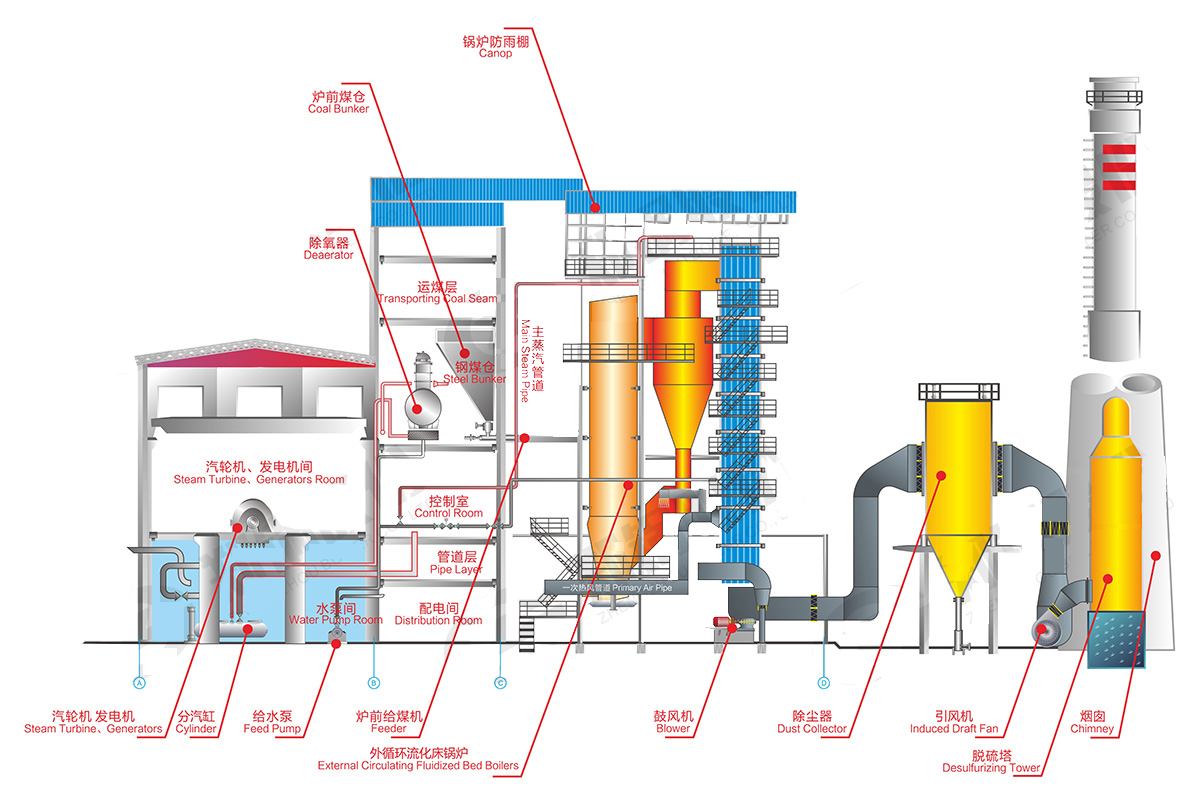
In recent years, Cambodia has emerged as a promising hub for various manufacturing sectors, with one of the most notable being diaper production. As global demand for baby care products continues to grow, the need for eco-friendly and ethical manufacturing has become more critical than ever. A Diaper Manufacturer in Cambodia is not just meeting this demand but also leading the way in sustainable practices that could reshape the future of the industry across Southeast Asia and beyond.
The Rise of Diaper Manufacturing in Cambodia
The growth of Cambodia’s manufacturing sector has been driven by a combination of low labor costs, strategic location, and favorable trade agreements. Over the last decade, international investors have turned their attention to this emerging market, recognizing its potential in producing high-demand consumer goods, including baby diapers.
A Diaper Manufacturer in Cambodia benefits from a growing local market driven by increased urbanization, rising birth rates, and an expanding middle class with a stronger focus on hygiene and baby care. Additionally, proximity to other key ASEAN countries makes Cambodia a strategic export base for diaper products.
Environmental Challenges in Diaper Production
Despite the essential nature of diapers, the industry has long faced criticism for its environmental impact. Traditional disposable diapers can take up to 500 years to decompose, contributing significantly to global landfill waste. Additionally, their production process consumes vast amounts of water, energy, and non-renewable resources such as petroleum-based plastics and superabsorbent polymers.
This growing concern has spurred innovation and change. Manufacturers worldwide are being called upon to adopt sustainable solutions that minimize waste, reduce carbon footprints, and offer biodegradable alternatives. Cambodia’s industry, although relatively young, is already adopting such forward-thinking measures.
Sustainable Materials and Innovation
One of the key areas where Diaper Manufacturer in Cambodia is pioneering sustainable practices is in material sourcing. Eco-conscious companies are increasingly turning to plant-based materials such as bamboo fiber, organic cotton, and biodegradable pulp. These materials not only break down more easily after use but also reduce the environmental toll during production.
Bamboo, for instance, grows rapidly without the need for pesticides or excess water. Its natural antibacterial properties make it a safe choice for baby skin while supporting sustainable agriculture. By integrating such alternatives, Cambodian manufacturers are offering products that are safer for babies and kinder to the planet.
Additionally, innovations in the design of diapers have also improved sustainability. Thinner, more absorbent cores reduce the volume of raw material needed while maintaining or even enhancing performance. By using modern absorbent technologies, manufacturers can create diapers that last longer, thus reducing the number of products a baby uses over time.
Water and Energy Conservation in Production
A major shift in sustainable diaper manufacturing is the effort to reduce water and energy consumption in the production process. Facilities in Cambodia are now being designed or upgraded with energy-efficient machinery and water recycling systems.
Advanced production lines are capable of minimizing heat loss, reusing waste heat, and ensuring that every drop of water used is treated and, where possible, reused. Solar energy systems are also being installed in some factories to reduce dependence on fossil fuels, marking a strong move toward carbon-neutral production.
These energy and water conservation methods not only support the global sustainability agenda but also contribute to long-term cost savings, making them attractive investments for any Diaper Manufacturer in Cambodia.
Ethical Labor and Community Development
Sustainability is not just about environmental responsibility—it also includes social impact. Ethical labor practices and community engagement are becoming cornerstones of modern manufacturing.
Manufacturers in Cambodia are increasingly focused on providing fair wages, safe working environments, and equal opportunities for their workers. Women, who make up a significant portion of the workforce in diaper factories, are being empowered through skill development programs and leadership training.
Some companies also invest in community development initiatives such as building schools, offering healthcare access, and providing nutritional support for local families. These programs help build a more sustainable and resilient society while fostering strong community ties.
Meeting Global Certifications and Standards
To position themselves as credible players in the global market, many Diaper Manufacturer in Cambodia companies are pursuing internationally recognized certifications. These include ISO certifications for quality management, FSC certification for sustainable forestry, and OEKO-TEX for textile safety.
By aligning with such standards, Cambodian manufacturers ensure that their products meet the highest benchmarks for quality, safety, and sustainability. This also helps them gain access to international markets where consumers are increasingly concerned about product origins and environmental impacts.
Export Potential and International Partnerships
Cambodia’s strategic location and membership in trade agreements such as ASEAN and the Regional Comprehensive Economic Partnership (RCEP) provide significant advantages for export-oriented manufacturing. Diapers produced in Cambodia can easily reach markets across Asia, Europe, and North America.
Many international brands are now partnering with local producers to outsource their diaper manufacturing needs. These collaborations not only bring in advanced technology and expertise but also raise the standard of local production through knowledge transfer and investment.
With a focus on eco-friendly practices, a Diaper Manufacturer in Cambodia is well-positioned to become a preferred supplier for global brands that value sustainability and ethical sourcing.
Challenges and Future Prospects
While the progress is promising, challenges remain. The upfront investment required for sustainable technologies and materials can be a barrier for smaller manufacturers. Additionally, the supply chain for eco-friendly raw materials is still developing in Southeast Asia, which can lead to higher costs and limited availability.
However, the long-term benefits outweigh these initial hurdles. With growing consumer awareness and stricter environmental regulations worldwide, the demand for sustainable diapers will only increase. Cambodian manufacturers that adopt these practices early will gain a competitive edge and ensure long-term viability.
The Cambodian government also plays a crucial role in fostering a supportive ecosystem. By offering tax incentives, promoting green energy, and supporting infrastructure development, authorities can help scale up sustainable manufacturing across the country.
Conclusion
The diaper industry is undergoing a transformation, and Cambodia is quickly positioning itself at the forefront of this change. Through innovation in materials, energy efficiency, ethical labor practices, and a strong commitment to global standards, a Diaper Manufacturer in Cambodia is showing that sustainability and profitability can go hand in hand.



